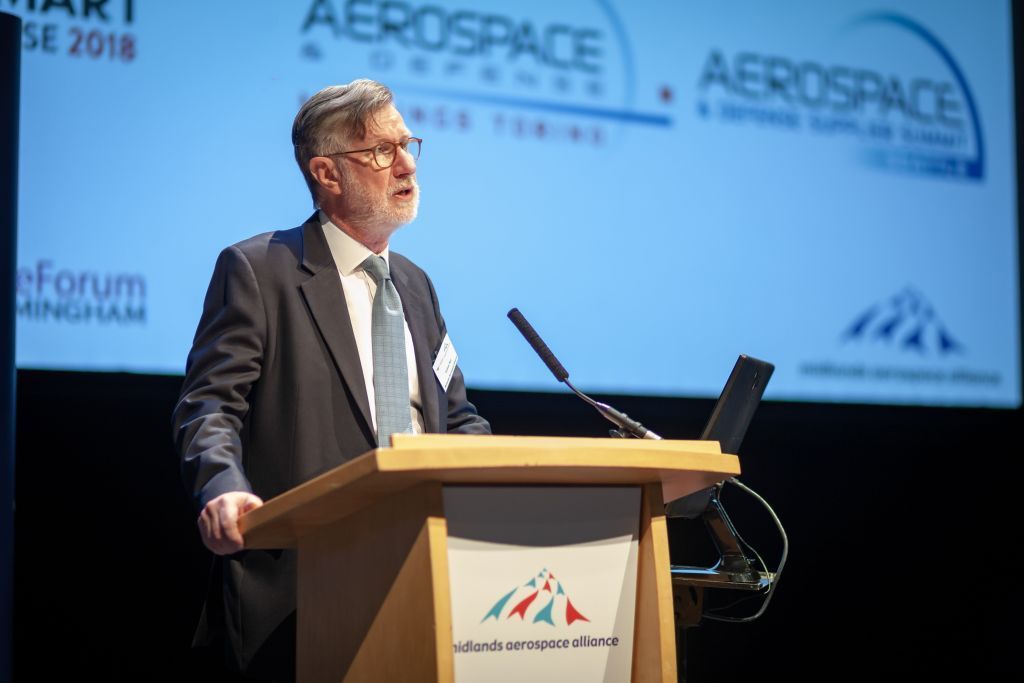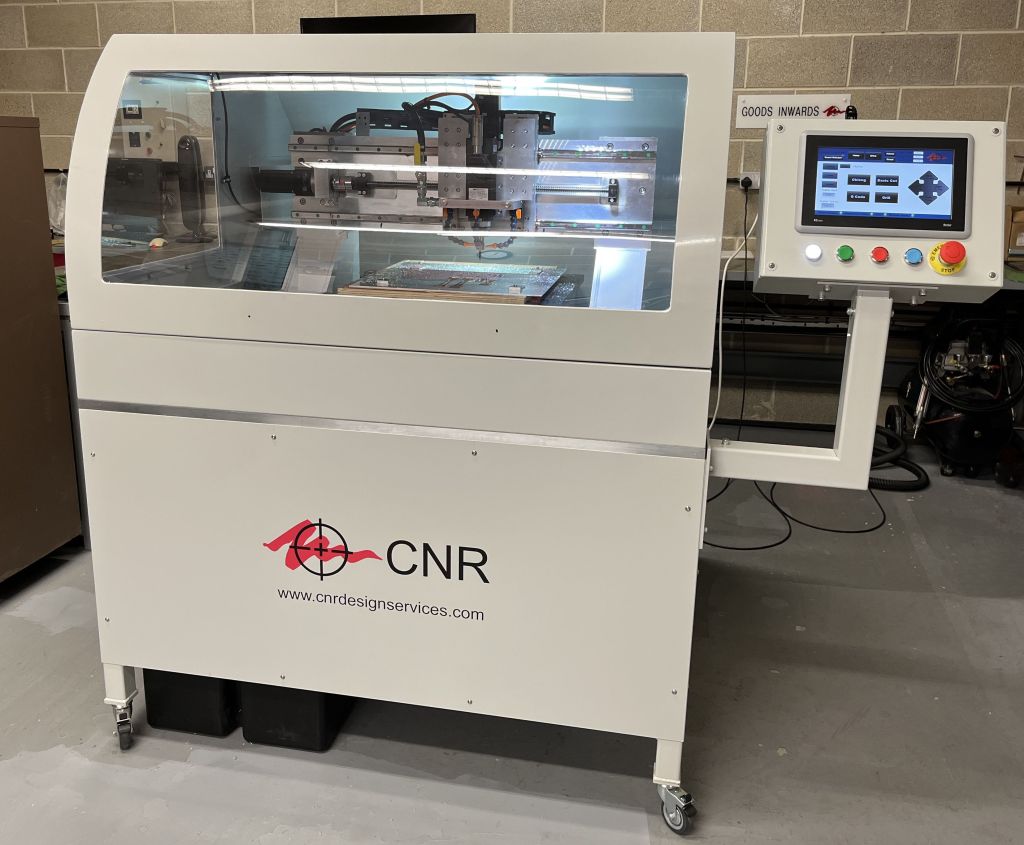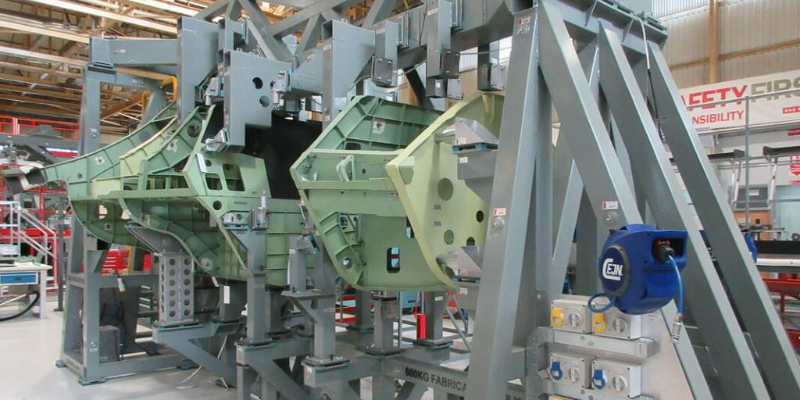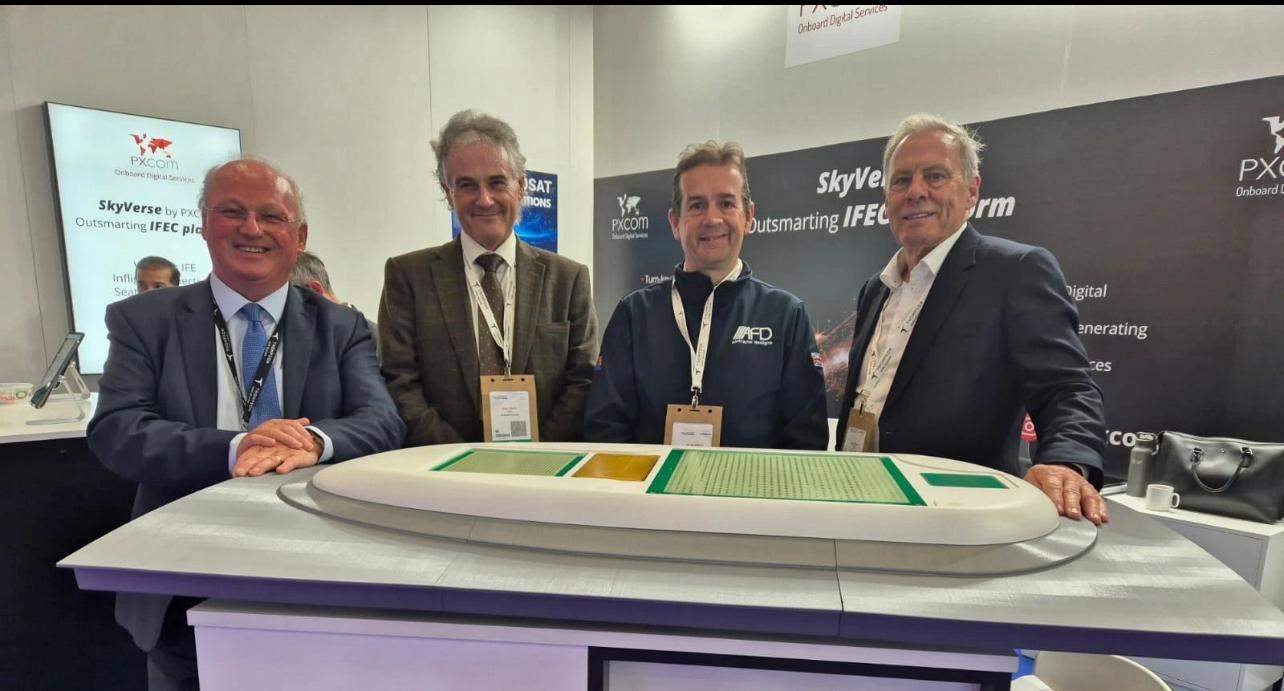
Pioneering project to unlock potential of drones in towns and cities
27th Mar 2024 | In News | By Mike Richardson
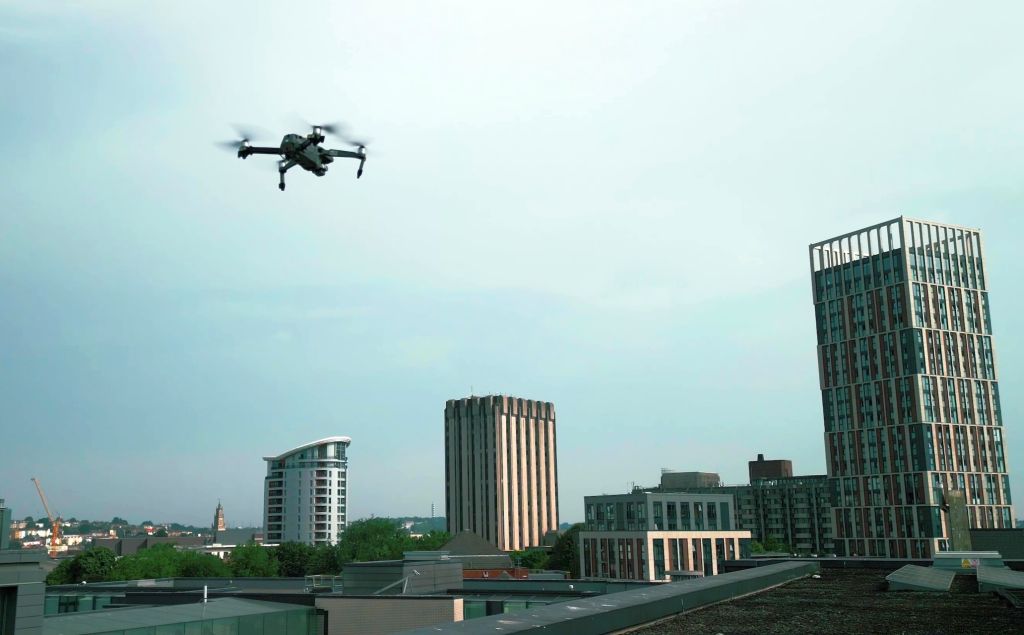
The use of commercial drones in the urban environment has the potential to create enormous value to the UK economy, reduce carbon emissions, create jobs and save costs.
However, current regulatory restrictions prevent our economy benefiting from these opportunities. This was especially noticeable when the demonstration trial of a revolutionary new urban airport for electric air vehicles took place in Coventry and roads had to be closed when drones flew. Such constraints are impractical and a major obstacle to our economy leveraging these technologies.
Now the aviation industry is working to develop airspace regulations for drones that will permit their wider use while ensuring public safety.
The Department for Business, Energy, and Industrial Strategy (now the Department of Business and Trade (DBAT)) has awarded a grant of £268,175 via the Regulators’ Pioneer Fund to enable aerospace experts at the Midlands Aerospace Alliance to work in partnership with a Midlands local authority to explore how to develop new non-aviation regulations covering commercial drones. The project will encompass areas like local transport and land-use plans to enable public and private organisations to use drones to deliver faster, safer, cheaper solutions with less impact on the environment.
The Regulators’ Pioneer Fund is a grant-based fund to enable UK regulators and local authorities to help create a UK regulatory environment that encourages business innovation and investment. The current £12m round is being delivered by the Department for Science, Innovation and Technology
Science, Research and Innovation Minister, Andrew Griffith, said: “From AI in healthcare to drone delivery to nutraceuticals – the rapid development of technology has created a huge opportunity for the UK to be a global leader in testing new technologies and taking new regulatory approaches which ensure investor and customer confidence. Our funding is supporting 24 pioneering projects to experiment and innovate, while helping businesses to introduce game-changing products and services to market – which in turn creates new jobs and grows our economy.”
The 18-month project includes a series of workshops with local authority regulators, industry regulators and stakeholders from transport, aviation and potential beneficiaries. Each will be given the opportunity to learn from other relevant projects in the UK and other countries.
“The MAA is excited to be working on this project to contribute our knowledge of the aerospace industry and our expert network of aviation stakeholders to help unlock the value of drones in towns and cities,” said Dr Andrew Mair, chief executive of the Midlands Aerospace Alliance. “With cutting-edge regulations in place, studies suggest that the use of commercial drones could contribute an estimated £45bn to the UK economy, reduce carbon emissions by 2.4m tons, benefit 650,000 jobs and save £22bn in costs by 2030.”
The project will result in a report of findings including a framework for implementation that will be shared with other local authorities to allow the whole of UK to benefit. The framework will help support the transition to a net zero economy, lower the cost of living and contribute to regional levelling up.
Consider a free digital subscription
If you find this article informative, consider subscribing digitally to Aerospace Manufacturing for free. Keep up to date with the latest industry news in your inbox as well as being the first to receive our magazine in digital form.



